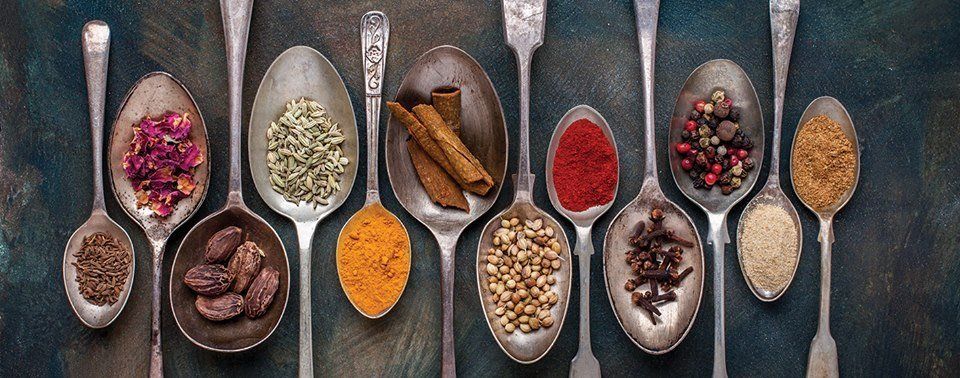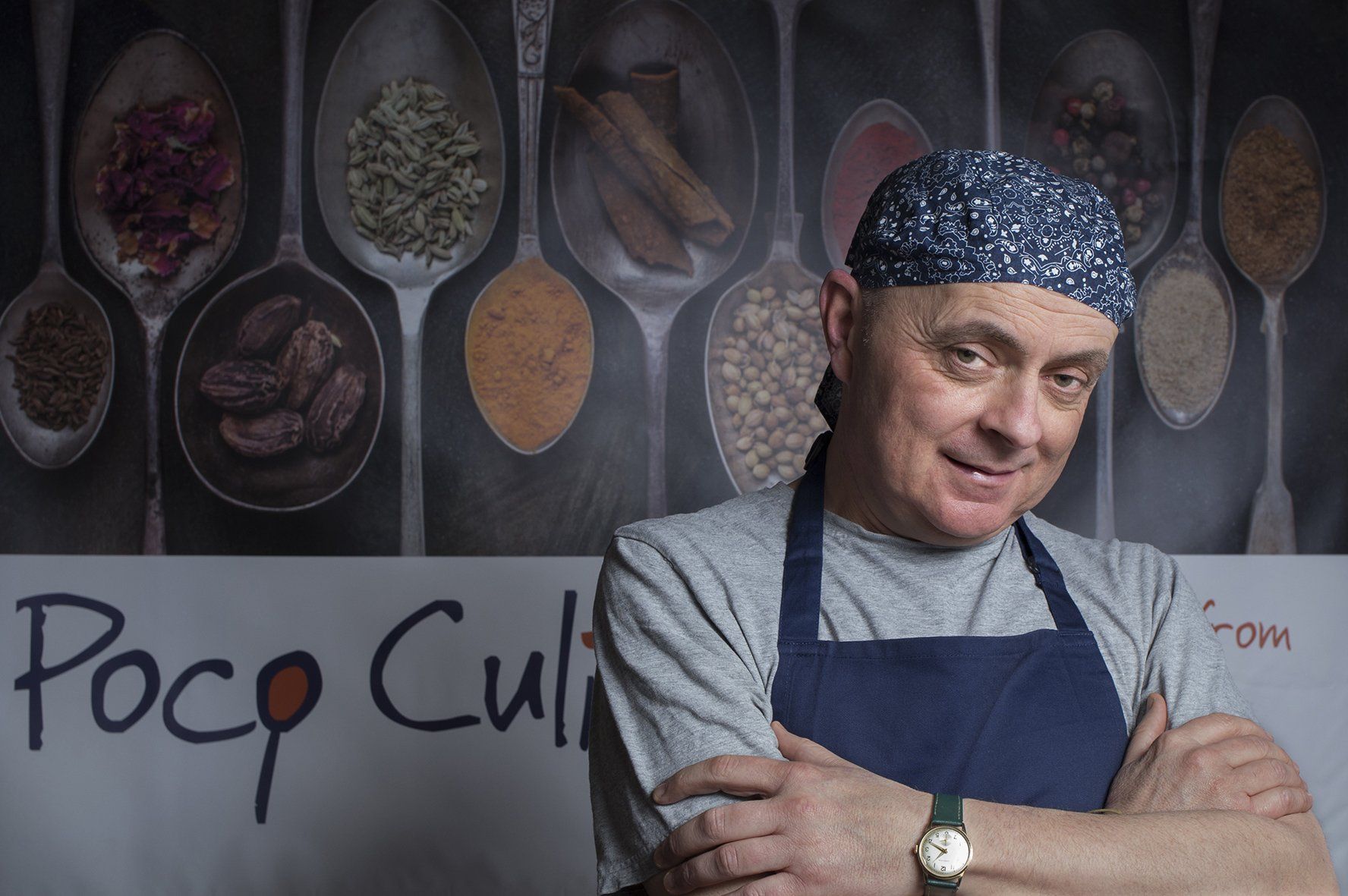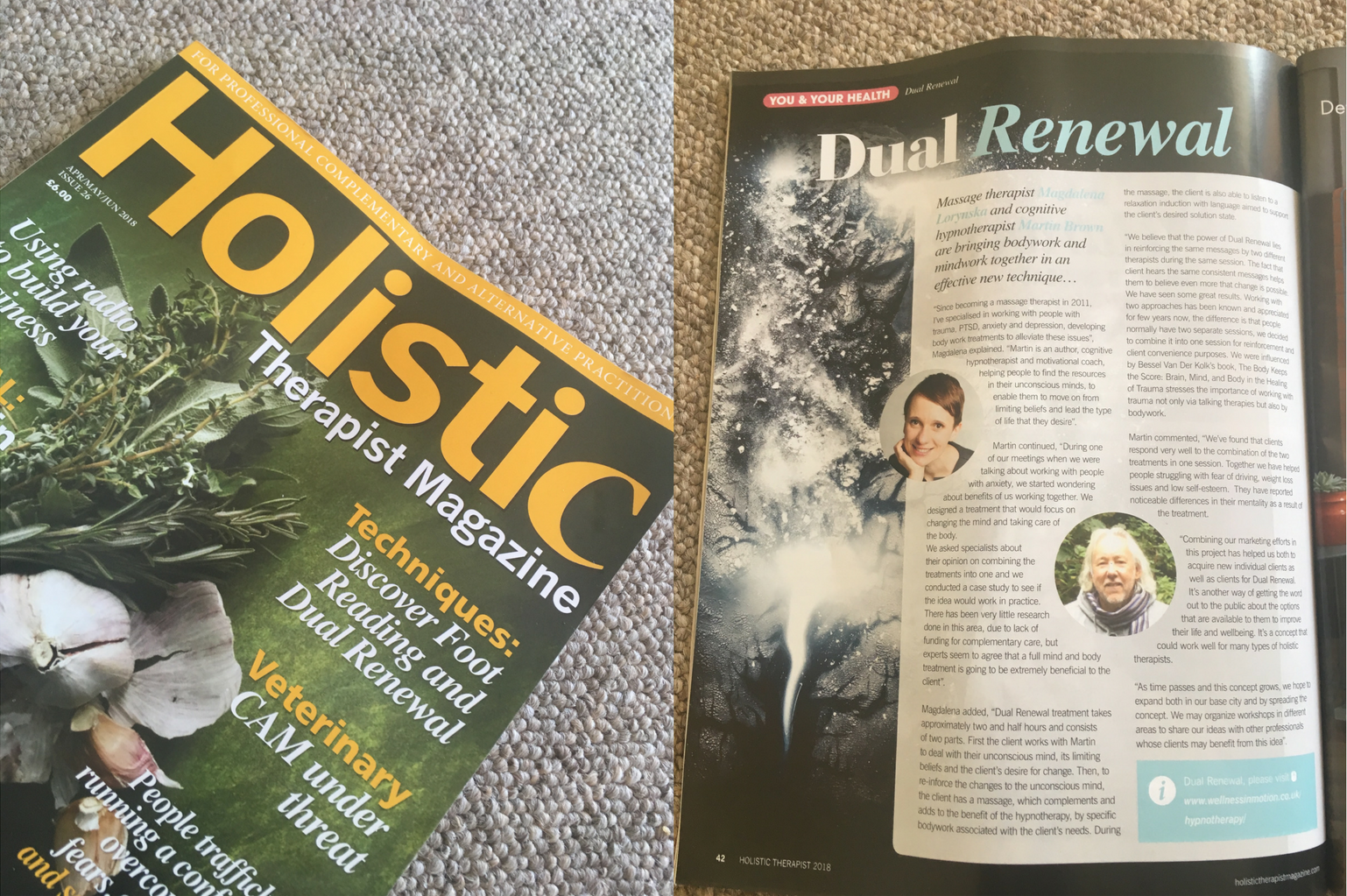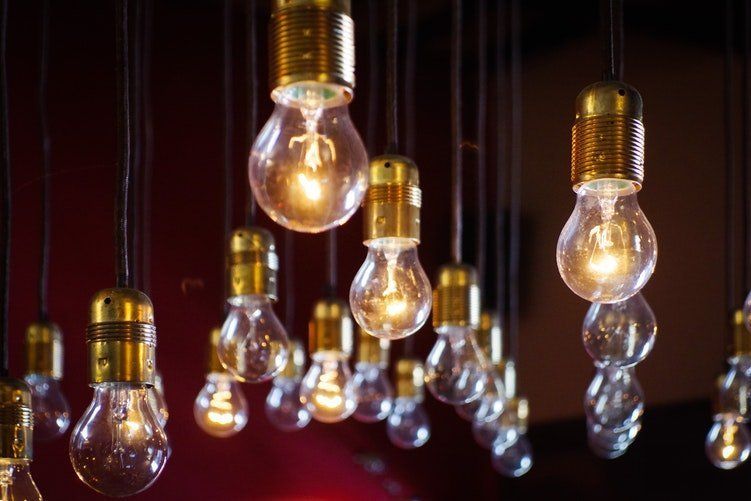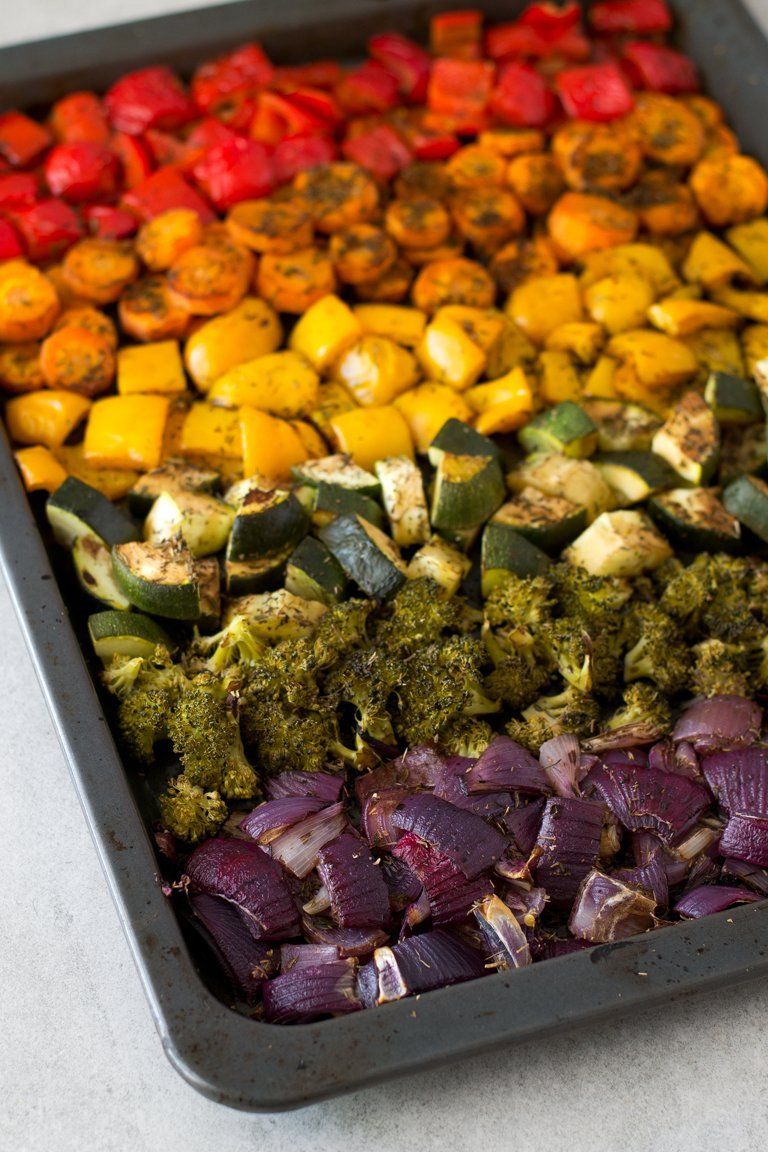The Truth About Sugar & Calories - by Andy Tibbs
- by Sali Green
- •
- 21 Aug, 2017
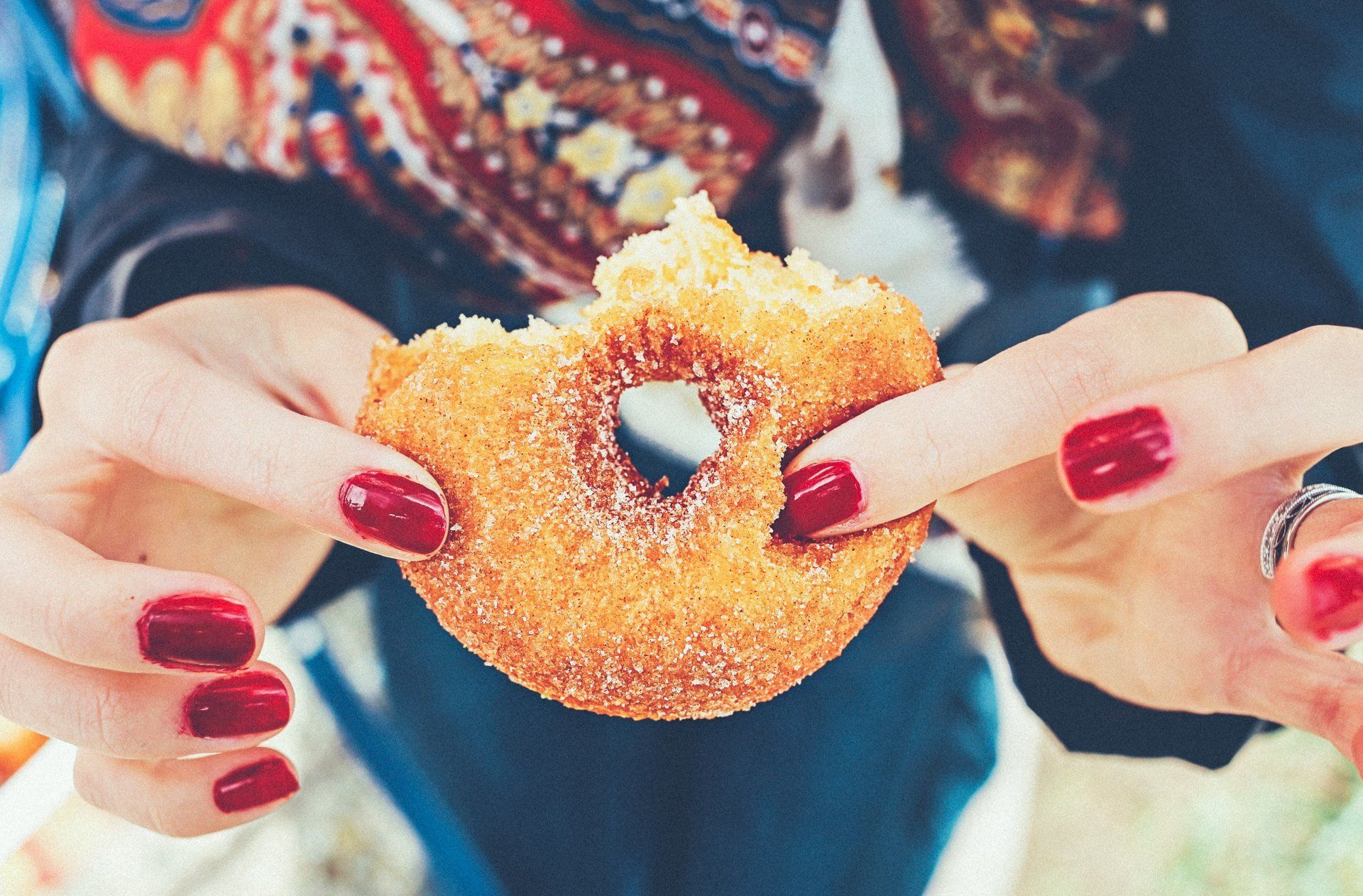
Once again, the mainstream food manufacturers have hit the headlines, with public health organisations demanding that the efforts to reduce sugar in mass-produced food should be further supplemented by calorie reductions in popular foods such as pizza, burgers, ready-meals and crisps. This applies to organisations like Pizza Hut, McDonalds and Starbucks as well as manufacturers of supermarket products.
Public Health England chief nutritionist, Dr Alison Tedstone, said "we have a serious problem - one in three children leave primary school either obese or overweight; if we want to tackle this we have to look at calories. There are a number of ways it can be done – we can reduce the size of the products or change the ingredients." NHS Choice suggests that on average people in the UK consume between 200 and 300 calories more than they should on a daily basis. Health Secretary Jeremy Hunt has also said that whilst these initiatives are voluntary among manufacturers, the Government will be prepared to legislate if there is no satisfactory progress.
For me, it's a sad indictment of the UK we currently live in that improving the nation’s diet is based around making cheap, fat-filled foodstuffs healthier. The Americanisation of our high streets, our supermarket shelves and our food choices are the real enemy here. It's no accident that the cheapest, easiest foods for us to consume are also the unhealthiest. How could it be any other way? Cheap processed meat products are virtually glued together with heavily salted, congealed fat and water to make them appear larger. Ever wondered why frying cheap bacon leaves a pool of salty, fatty water in the pan? The cheap, greasy cheeses that melt all over these foods is highly addictive, leaving us craving more. The low nutritional values of mass-produced food are unsatisfying, leaving us feeling the need to eat more. Goodness me, when I was a child the humble British chip was perceived as the enemy. It’s positively saintly nowadays, when compared to other horrors inflicted on us.
Demanding that food producers make the cheap products we now take for granted healthier is not the solution, in my opinion. For as long as we demand them, the industry will continue to explore cheaper, even more ethically and environmentally unsustainable ingredients and processes in order to sell us our addictive fix more cheaply. A 20% reduction in the calorific content of a pizza or a reduction in its size will not save the nation’s health or more worryingly that of its children. We simply have to wise up and take a long hard look at what we eat and how we eat it. This applies to everyone, irrespective of their dietary choices – meat-eaters, vegetarians and vegans alike are guilty of eating unhealthy, unsustainable junk foods on an epic scale.
Public Health England chief nutritionist, Dr Alison Tedstone, said "we have a serious problem - one in three children leave primary school either obese or overweight; if we want to tackle this we have to look at calories. There are a number of ways it can be done – we can reduce the size of the products or change the ingredients." NHS Choice suggests that on average people in the UK consume between 200 and 300 calories more than they should on a daily basis. Health Secretary Jeremy Hunt has also said that whilst these initiatives are voluntary among manufacturers, the Government will be prepared to legislate if there is no satisfactory progress.
For me, it's a sad indictment of the UK we currently live in that improving the nation’s diet is based around making cheap, fat-filled foodstuffs healthier. The Americanisation of our high streets, our supermarket shelves and our food choices are the real enemy here. It's no accident that the cheapest, easiest foods for us to consume are also the unhealthiest. How could it be any other way? Cheap processed meat products are virtually glued together with heavily salted, congealed fat and water to make them appear larger. Ever wondered why frying cheap bacon leaves a pool of salty, fatty water in the pan? The cheap, greasy cheeses that melt all over these foods is highly addictive, leaving us craving more. The low nutritional values of mass-produced food are unsatisfying, leaving us feeling the need to eat more. Goodness me, when I was a child the humble British chip was perceived as the enemy. It’s positively saintly nowadays, when compared to other horrors inflicted on us.
Demanding that food producers make the cheap products we now take for granted healthier is not the solution, in my opinion. For as long as we demand them, the industry will continue to explore cheaper, even more ethically and environmentally unsustainable ingredients and processes in order to sell us our addictive fix more cheaply. A 20% reduction in the calorific content of a pizza or a reduction in its size will not save the nation’s health or more worryingly that of its children. We simply have to wise up and take a long hard look at what we eat and how we eat it. This applies to everyone, irrespective of their dietary choices – meat-eaters, vegetarians and vegans alike are guilty of eating unhealthy, unsustainable junk foods on an epic scale.

There is no doubt in my mind that we have to eat far more fresh, properly cooked plant-based foods. For me, that is the basis for both my lifestyle and my business. For others it means at the very least they must introduce a more wholesome balance to weekly food consumption. As a follower of a vegan diet, I am continually lectured by meat-eaters on my protein consumption for example. In general, meat eaters eat far more protein than they need, I get plenty too, thanks for asking!
How? By eating my beans… black ones, red ones, white ones, brown ones, green ones and on pretty much a daily basis and in a variety of guises. During any given week I might eat Indian, Italian, Spanish, Thai, Chinese and English influenced meals and every one of the them has as its base pulses, fresh vegetables, beneficial fats from nuts, fruits, carbohydrates from potatoes, pasta or grains – all done up with amazing flavours. The end result being wholesome, nutritional balance with no compromise on taste and whipping up a decent meal needn’t take very long either, neither do you need to be a chef.
How? By eating my beans… black ones, red ones, white ones, brown ones, green ones and on pretty much a daily basis and in a variety of guises. During any given week I might eat Indian, Italian, Spanish, Thai, Chinese and English influenced meals and every one of the them has as its base pulses, fresh vegetables, beneficial fats from nuts, fruits, carbohydrates from potatoes, pasta or grains – all done up with amazing flavours. The end result being wholesome, nutritional balance with no compromise on taste and whipping up a decent meal needn’t take very long either, neither do you need to be a chef.
Eating meals with those nutritional contents even a couple of times a week will make a real difference and help reintroduce us to real foods again. We’ll weigh less and feel healthier. Here’s Jamie Oliver on the subject: “It's important for people to remember that 'no wonder ingredient is a golden bullet' for weight loss (or a healthy diet). Eat a 'rainbow' of healthy plant-based foods rather than focusing on the latest superfood fad.” He goes on to say “I recently lost 12 kilos quite quickly and I didn't do it through not eating. I ate a lot, more than I was used to. I pushed meat down, pushed veggies up, got more sleep and more movement.”
Wise words from a man who hasn’t exactly been a vegan’s greatest advocate in the past.
I’ll leave it there for this week, see you next time.
Watch what you eat!
Andy.
Wise words from a man who hasn’t exactly been a vegan’s greatest advocate in the past.
I’ll leave it there for this week, see you next time.
Watch what you eat!
Andy.
